Differences Between Condensing vs Non Condensing Tankless Water Heaters
When it comes to tankless water heaters, homeowners have two main options to consider: condensing and non-condensing models. Each type comes with its own set of advantages, making it important to understand the differences before making a decision. This article provides a comprehensive comparison of condensing and non-condensing tankless water heaters, empowering readers to choose the option that best fits their specific living space and hot water needs. By understanding the features and benefits of each type, homeowners can make an informed choice for their water heating system.

What is a tankless water heater and how does it work?
Water heaters can be categorized into two main types: traditional models with storage tanks and tankless designs. Traditional water heaters store a large amount of water in a tank and keep it constantly heated. In contrast, tankless water heaters heat water on demand as it flows through a heat exchanger. This instant heating process eliminates the need for a storage tank, saving both space and energy.

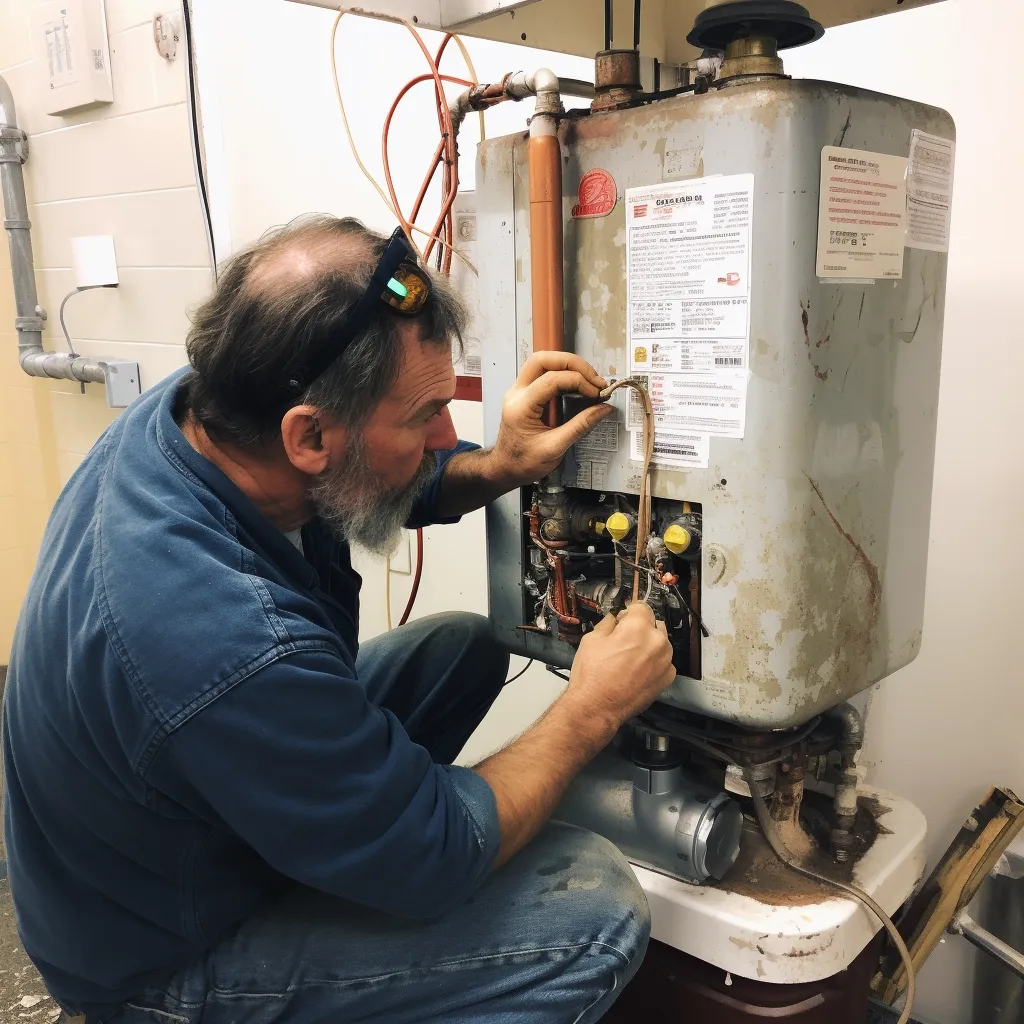
What is a condensing tankless water heater?
The condensing tankless water heater is an upgraded and more efficient version of the conventional tankless water heater. It utilizes a clever mechanism to capture and recycle waste heat, effectively heating the incoming water. This process maximizes efficiency and minimizes energy waste, resulting in significant cost savings on your energy bill. Moreover, by reducing energy consumption, the condensing tankless water heater helps to reduce your carbon footprint, making it an environmentally friendly choice.
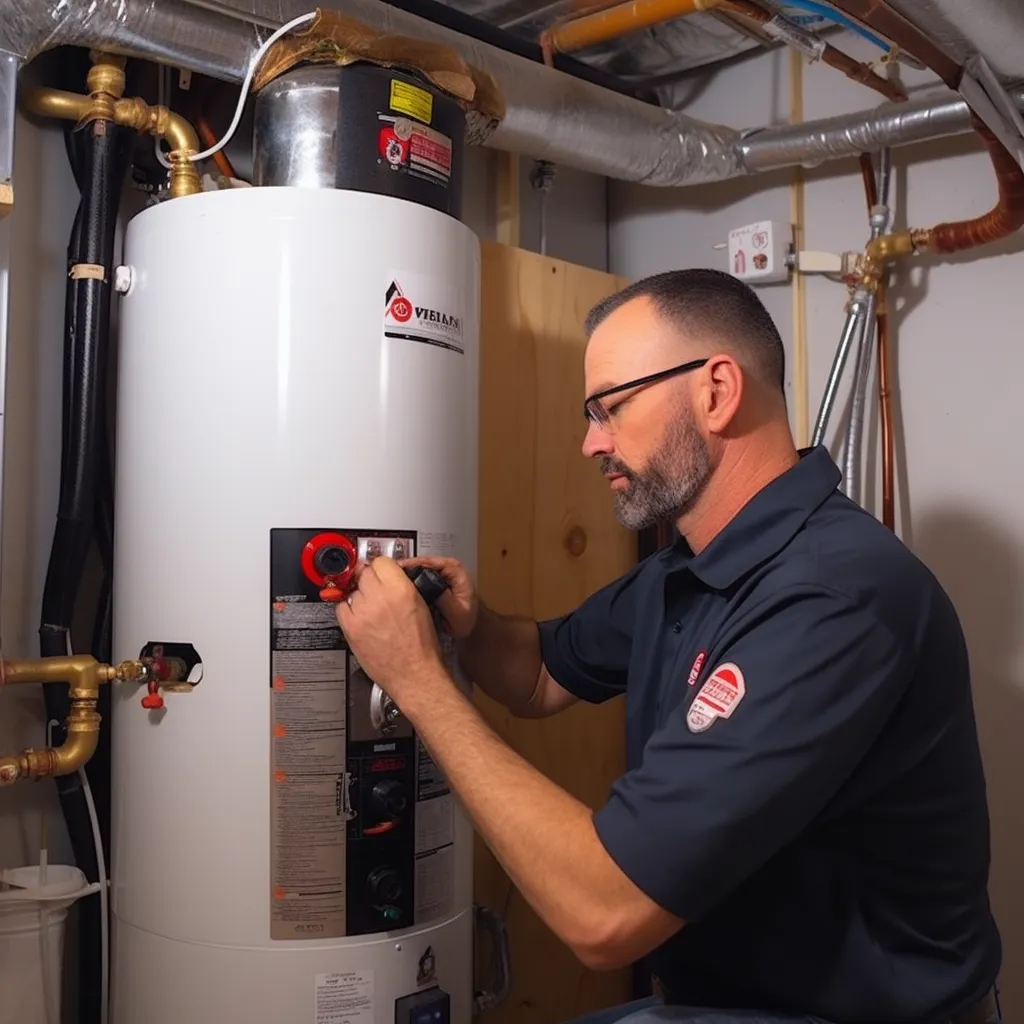
What are the differences: condensing vs non condensing tankless water heaters
Tankless water heaters are an excellent choice for reducing energy costs, but it's important to understand the difference between condensing and non-condensing models. The key distinction lies in how they handle exhaust gases. Non-condensing models release these gases into the atmosphere, while condensing models cool them down until they condense into water vapor, which is then expelled.
This process makes condensing models more energy-efficient and efficient overall compared to non-condensing models. While condensing models may have higher upfront costs, they can provide significant long-term savings by reducing energy expenses.

What are the benefits
of a condensing tankless water heater?
Condensing tankless water heaters offer several advantages over non-condensing water heaters:

Condensing models are known for their higher efficiency, leading to cost savings on utility bills. By effectively utilizing waste heat from exhaust gases, they extract more energy from the fuel source, resulting in improved efficiency.
Condensing water heaters produce fewer greenhouse gas emissions, making them more eco-friendly. This reduction in emissions helps minimize the environmental impact and contributes to a greener home.
Condensing water heaters tend to have a longer lifespan than non-condensing models. Their simplified design with fewer components reduces the potential for mechanical failures and increases overall reliability, providing a consistent source of hot water for an extended period.
What are the disadvantages
of a condensing tankless water heater?
The downsides to condensing tankless water heaters:

Condensing water heater models generally come with a higher price compared to non-condensing ones. However, it's important to consider the upfront cost in relation to the potential long-term savings in energy efficiency and utility bills.
It's worth noting that condensing models may require more maintenance and have increased installation complexity due to the additional requirements of venting and drainage systems.

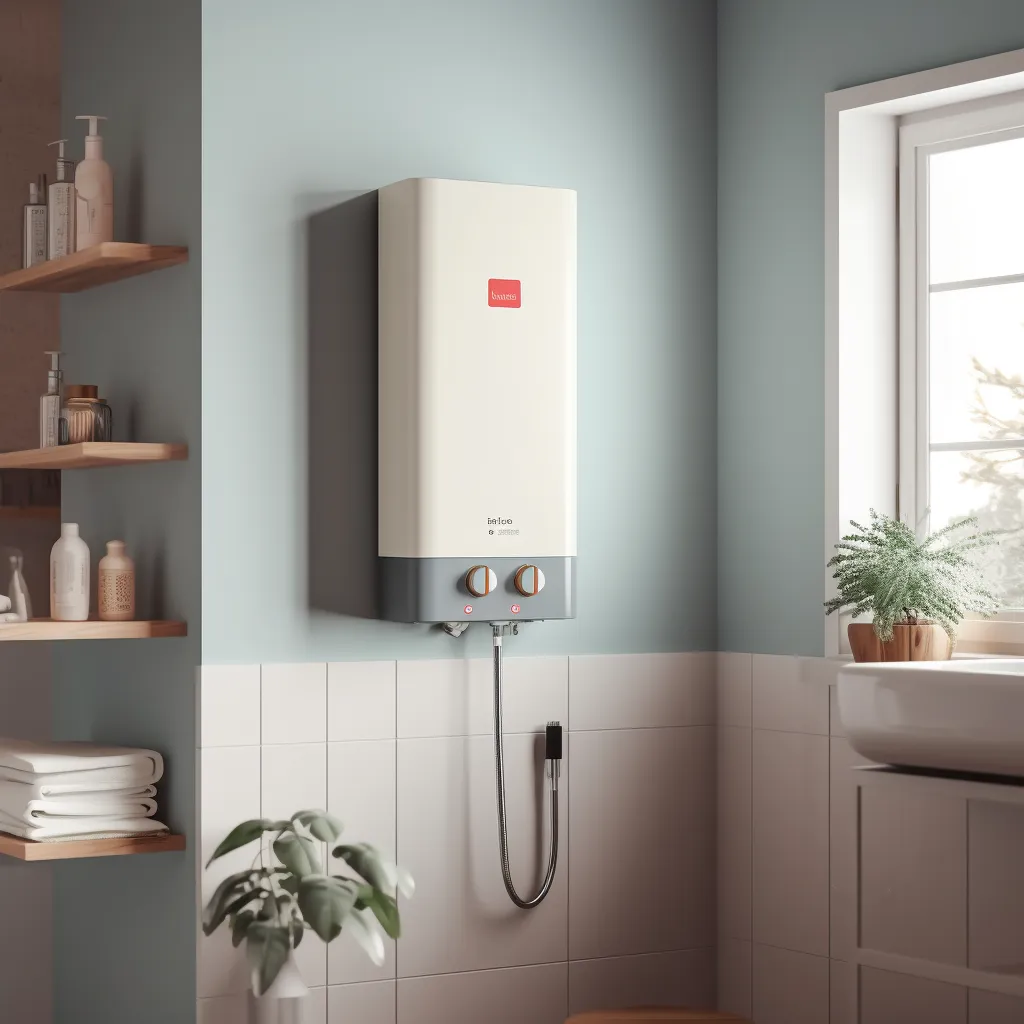
Are condensing tankless water heaters energy-efficient?
Condensing tankless water heaters offer an intelligent and eco-friendly solution for heating water. With their high efficiency, reaching up to 96%, they effectively capture and utilize lost heat during the combustion process. This energy conservation translates to significant savings over time, as there is no wasteful heating of unnecessary water.
Moreover, condensing tankless water heaters operate on-demand, meaning they only heat water when it is needed. This further reduces expenses and minimizes the environmental impact by avoiding unnecessary energy consumption.
By choosing a condensing tankless water heater, homeowners can enjoy efficient water heating, substantial cost savings, and contribute to a greener and more sustainable environment.
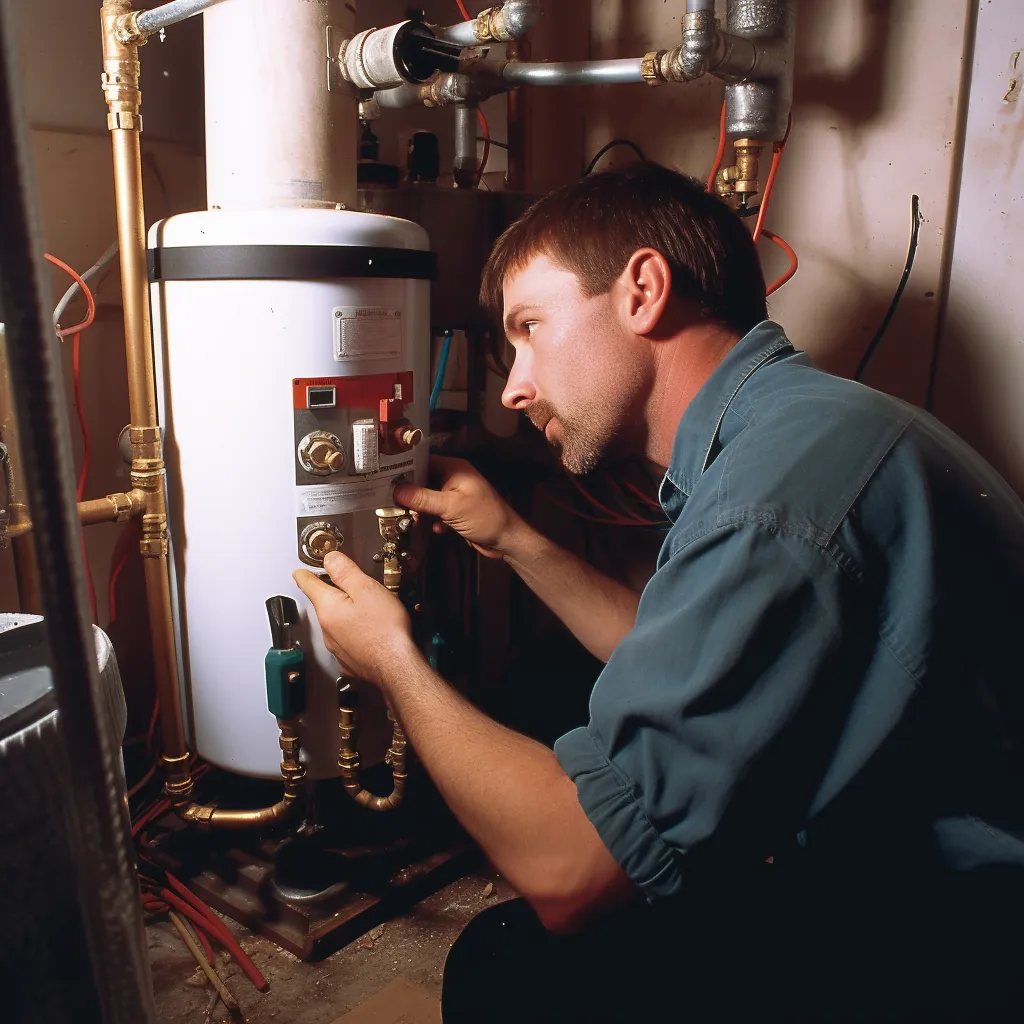
Are non condensing tankless water heaters energy-efficient?
Non-condensing tankless water heaters are a viable option to consider for those prioritizing sustainability and cost-effectiveness in water heating. While they may not reach the same level of energy efficiency as condensing models, they still provide notable reductions in energy usage and costs compared to traditional tank water heaters.
While they may not capture and utilize waste heat like condensing models, non-condensing tankless water heaters still provide an efficient and eco-friendly alternative to traditional water heaters. When compared to tank-based systems, they offer improved energy efficiency and cost savings, making them an appealing choice for many households.

What is the cost to buy and install a condensing tankless water heater?
Condensing tankless water heaters offer notable energy savings and enhanced efficiency, but it's important to consider the overall costs involved. Factors such as home size, specific model, and brand can affect the price. Additionally, installation complexity should be taken into account.
To make an informed decision and select the best option for your needs, consulting a trusted professional is recommended. Their expertise can provide valuable guidance on choosing the right condensing tankless water heater for your home.
While the initial cost may be higher, many homeowners find that the long-term benefits of a condensing tankless water heater outweigh the investment. The energy savings and improved efficiency can result in significant cost savings over the years, making it a worthwhile choice for those seeking an efficient and sustainable water heating solution.

What is the cost to buy and install a non condensing tankless water heater?
Non-condensing tankless water heaters, available in various sizes and from reputable brands, typically cost between $1,000 and $3,000. Despite the initial investment, they offer long-lasting performance, providing unlimited hot water for up to two decades. With their sleek and compact design, they also save space and reduce clutter in your home.
Condensing tankless water heaters maintenance requirements?
Non-condensing tankless water heaters, available in various sizes and from reputable brands, typically cost between $1,000 and $3,000. Despite the initial investment, they offer long-lasting performance, providing unlimited hot water for up to two decades. With their sleek and compact design, they also save space and reduce clutter in your home.

Verify for leaks or potential issues.
Clean the heat exchanger and burner.
Inspect and replace filters to maintain efficiency.
Test water pressure and temperature for optimal function.
Ensure the venting system is free of debris.
Flush the system regularly to remove sediment buildup.
Check the cleanliness of the air filter
Regular maintenance is crucial for condensing tankless water heaters to prevent issues such as high energy bills, decreased efficiency, or potential damage. To ensure your water heater remains in optimal condition, it is recommended to schedule professional maintenance checks on a regular basis. Taking a proactive approach to maintenance can help you save both time and money in the long run, while ensuring your water heater continues to operate efficiently and effectively.

What are the maintenance requirements
for non condensing tankless water heaters?
The maintenance requirements for non-condensing tankless water heaters are similar to those of condensing units. Regular maintenance is essential to keep the unit functioning efficiently and to avoid potential issues.
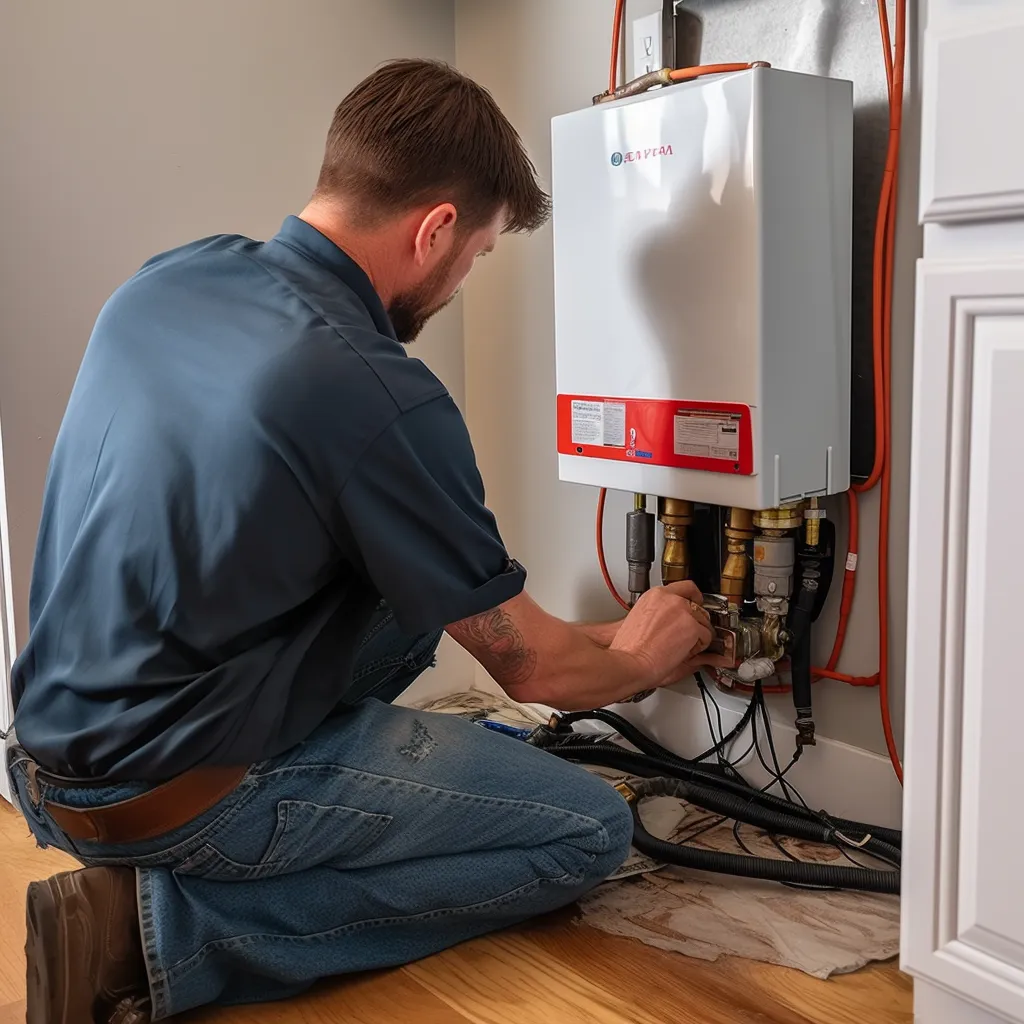
Regularly flush the system to remove mineral buildup and debris that can affect its performance.
Check the unit filters frequently and replace them as needed to ensure proper flow and prevent clogging.
Clean the heat exchanger and burner to remove any buildup that can impact efficiency and heat transfer.
Inspect the system for any malfunctions or leaks and address them promptly to prevent further damage.
Verify the water pressure and temperature to ensure they are within the recommended range for optimal performance.
Keep the vents free from debris to maintain proper airflow and prevent ventilation issues.
What to think about when choosing between a
non condensing vs condensing tankless water heater
When choosing between a non-condensing and a condensing tankless water heater, it's important to consider several factors:

Non-condensing water heaters are typically bulkier than condensing units. If you have limited space, choosing a condensing water heater is a better option.
These units require a more complex installation, which can increase the overall cost. Non-condensing units offer a more straightforward and budget-friendly installation.
Non-condensing tankless water heaters require more frequent upkeep compared to condensing models. Consider your maintenance preferences when making a decision.
Condensing units have the advantage of using less energy, resulting in long-term utility bill savings. If energy efficiency is important to you, opt for a condensing water heater.

Researching condensing vs non condensing tankless water heaters

To assist you in finding the ideal tankless water heater for your home, it's crucial to carefully examine the pros and cons of different types available. One of the most significant considerations revolves around choosing between a condensing or non-condensing unit. While the non-condensing option may initially appear more affordable, it's important to recognize that these units can waste energy and demand more maintenance. Conversely, condensing tankless water heaters offer greater cost-effectiveness and can contribute to decreased utility bills. By dedicating time to compare various options and selecting the optimal water heater type, you can relish in consistent hot water availability while enjoying energy savings.
It's worth emphasizing that determining the perfect tankless water heater type is a personalized decision that necessitates the consultation of a licensed professional who possesses a comprehensive understanding of your home's specific requirements. With their expertise, they can provide invaluable guidance to ensure you make an informed choice that aligns precisely with your home's needs.
Contact Us
GET IN FULL TOUCH
PHONE: (831) 604-3132
EMAIL:
Gregory@waterheaterseaside.com
Family Home Plumbing Services
Seaside, CA 93955
